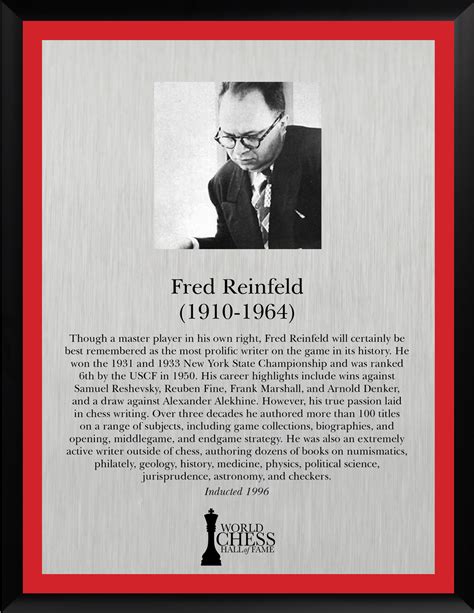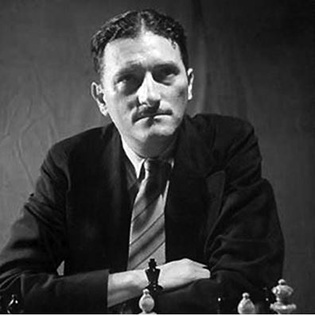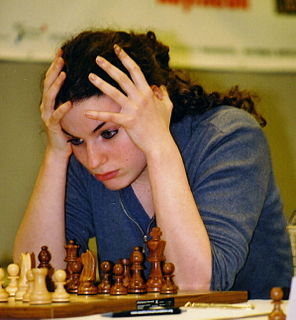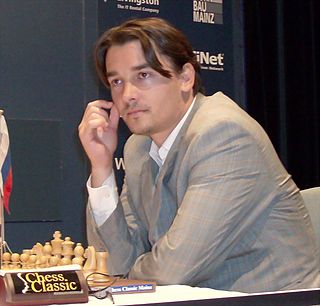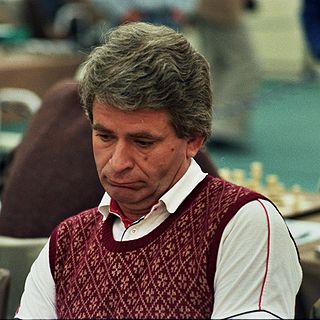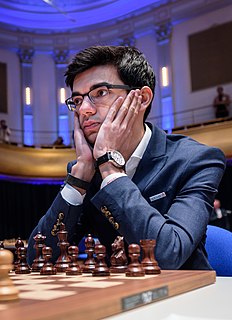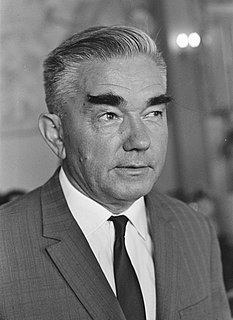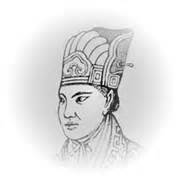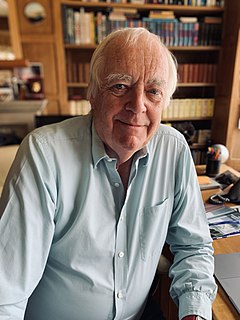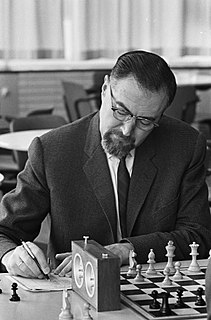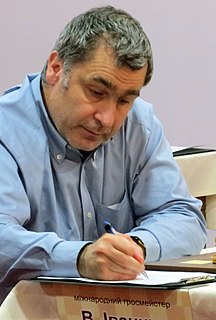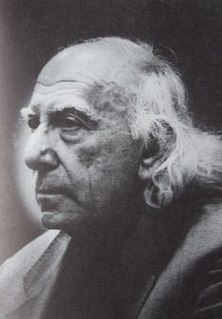Top 1200 Chess Players Quotes & Sayings
Explore popular Chess Players quotes.
Last updated on April 14, 2025.
I love chess, and I didn't invent Fischerandom chess to destroy chess. I invented Fischerandom chess to keep chess going. Because I consider the old chess is dying, it really is dead. A lot of people have come up with other rules of chess-type games, with 10x8 boards, new pieces, and all kinds of things. I'm really not interested in that. I want to keep the old chess flavor. I want to keep the old chess game. But just making a change so the starting positions are mixed, so it's not degenerated down to memorisation and prearrangement like it is today.
My life is split in three parts; I don't know the percentage. One could be called "chess" - the Kasparov Chess Foundation, promoting the game, training young players, playing on the internet, sometimes exhibitions. The second area would be "writing" - books, articles, Twitter, Facebook. And then "political activity" - fighting for human rights and democracy, so TV, interviews, speeches.
I started playing chess when I was about 4 or 5 years old. It is very good for children to learn to play chess, because it helps them to develop their mental abilities. It also helps to consolidate a person's character, because as it happens both in life and in a chess game we have to make decisions constantly. In chess there is no luck and no excuses: everything is in your hands.
For young players, their minds are not overloaded. I am 54 with four kids and I do many other things. Even if I stopped everything else, spent months working just on chess, for a long match against most of the top players, a classical match, six hours, say, I don't stand a chance. I have a better chance in shorter matches. Rapid is 25 minutes, or blitz events where you have five minutes to make a move, or bullet games, where it is one minute. For blitz, five-minutes chess, I would be top ten, top five. But longer games, no chance.
I love the competitive aspect of it [business]. It's like playing chess. Why do people play chess? Knowing the realm of moves? Even when you get to be a chess master, there are other chess masters you want to beat or outperform. And to me business is just a sport that I love to compete in; a continuous intellectual challenge that really motivates me.
One interesting indication of Capablanca's greatness is that to non-chess players his name was better known than the names of all other chess masters together! This was due partly to his engaging personality and distinguished appearance: he was one of those exceptional people who at once stand out in a crowd.
The huge egos of great chess players are legendary. Psychologists have been amazed by their vanity, have studied it, and anecdotes concerning it are abundant. But never before has there been such a prima donna as Bobby. Already he has managed to alienate and offend almost everybody in the chess world. That includes officials, patrons, writers, almost everybody and anybody who might be in a position to help him in his career.
Most chess books only sell a few thousand copies, and a book titled something like "Women in Chess" would sell even fewer. The idea with this title was to spread the book outside the competitive chess world. I'm interested in attracting readers who love chess but play only casually, and feminists interested in male-dominated fields.
Chess, which exists predominantly in two dimensions, is one of the world's most difficult games. Three-dimensional chess is an invitation to insanity. But human relationships, even of the simplest order, are like a kind of four-dimensional chess, a game whose pieces and positions change subtly and inexorably between moves, whose players stare dumbly while their powerful positions deteriorate into hopeless predicaments and while improbable combinations suddenly become inevitable. To make matters worse, some games are open to any number of players, and all sides are expected to win.
Like Dvoretsky, I think that (all other things being equal), the analytical method of studying chess must give you a colossal advantage over the chess pragmatist, and that there can be no certainty in chess without analysis. I personally acquired these views from my sessions with Mikhail Botvinnik, and they laid the foundations of my chess-playing life.
Fischer was a good kid but very unsophisticated about anything but chess. It was all chess for him, every waking moment. We'd go down to the Four Continents bookstore and he'd buy any Russian chess material he could get his hands on. He'd learned enough Russian to get the gist of prose and he just absorbed the chess part.
He is the so-called father of the modern school of chess; before him, the King was considered a weak piece and players set out to attack the King directly. Steinitz claimed that the King was well able to take care of itself, and ought not to be attacked until one had some other positional advantage. He understood more about the use of squares than Morphy and contributed a great deal more to chess theory.
It's a very special generation, because during our careers the computer entered chess. So we know how to play without computers, which is also important. We can analyse without computers. I am not saying that younger players cannot do this, but we are more in the habit of doing this. That's important to improve your chess understanding.
It's interesting that the greatest minds of computer science, the founding fathers, like Alan Turing and Claude Shannon and Norbert Wiener, they all looked at chess as the ultimate test. So they thought, "Oh, if a machine can play chess, and beat strong players, set aside a world champion, that would be the sign of a dawn of the AI era." With all due respect, they were wrong.
I have also known some of the world's finest brains and some of these, though passionately fond of chess, have been pretty poor players. I used to know one of the world's leading mathematicians and whenever we played chess I had to give him the odds of a Queen to make matters more equal, and even then I always won.
I was a professional chess player in Romania, but only a small-time master. When I came to France, I continued playing chess for many years: I played tournaments in numerous countries with mixed results. I wrote and published a book - La Défense Alekhine and translated two others from Russian. I taught chess in schools; I earned more money through chess than through literature.
I used to play a lot of chess and competitive chess and study chess and as you get to the grandmasters and learn their styles when you start copying their games like the way they express themselves through... The way Kasparov or Bobby Fischer expresses themselves through a game of chess is it's astonishing. You can show a chess master one of their games and they'll say "Yeah, that is done by that player."












